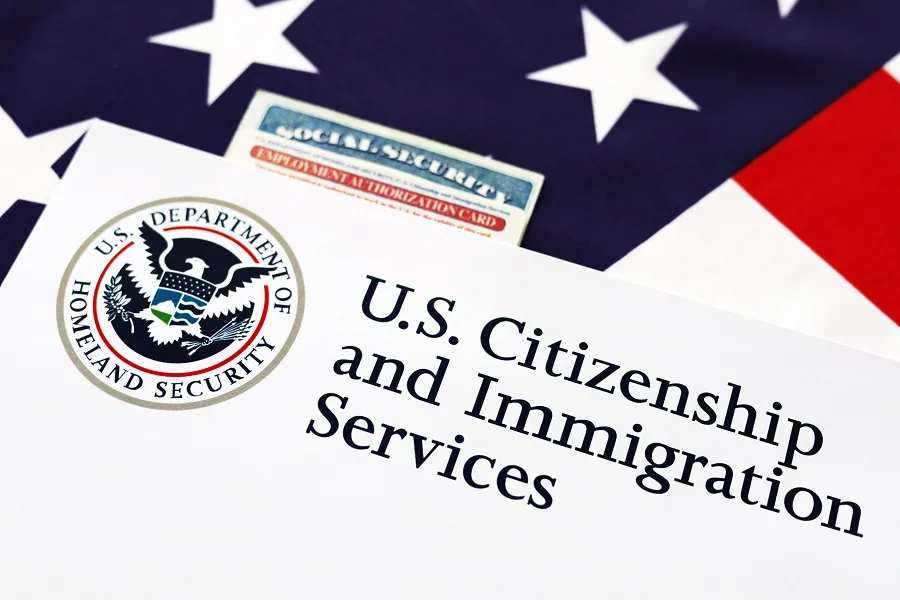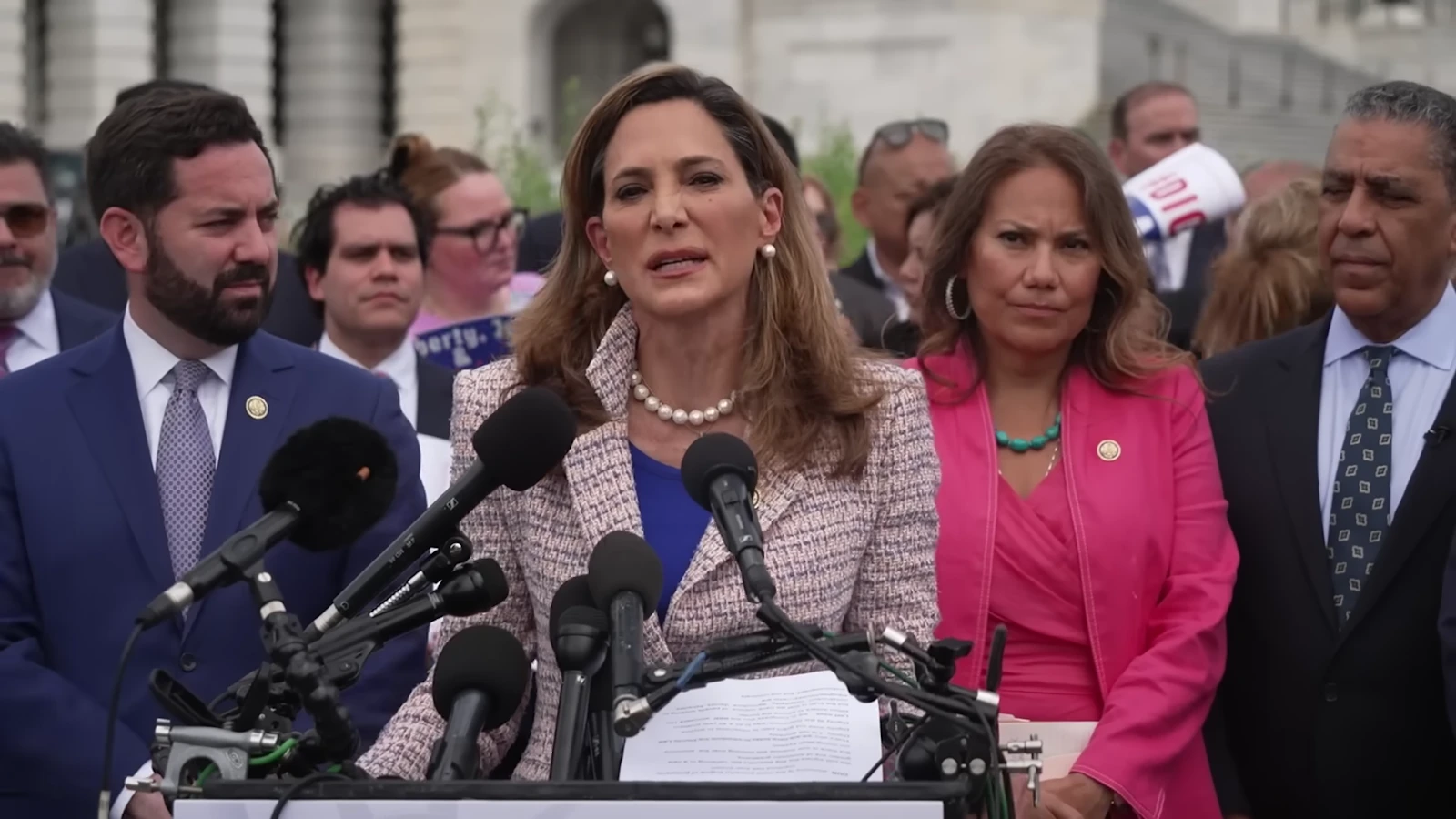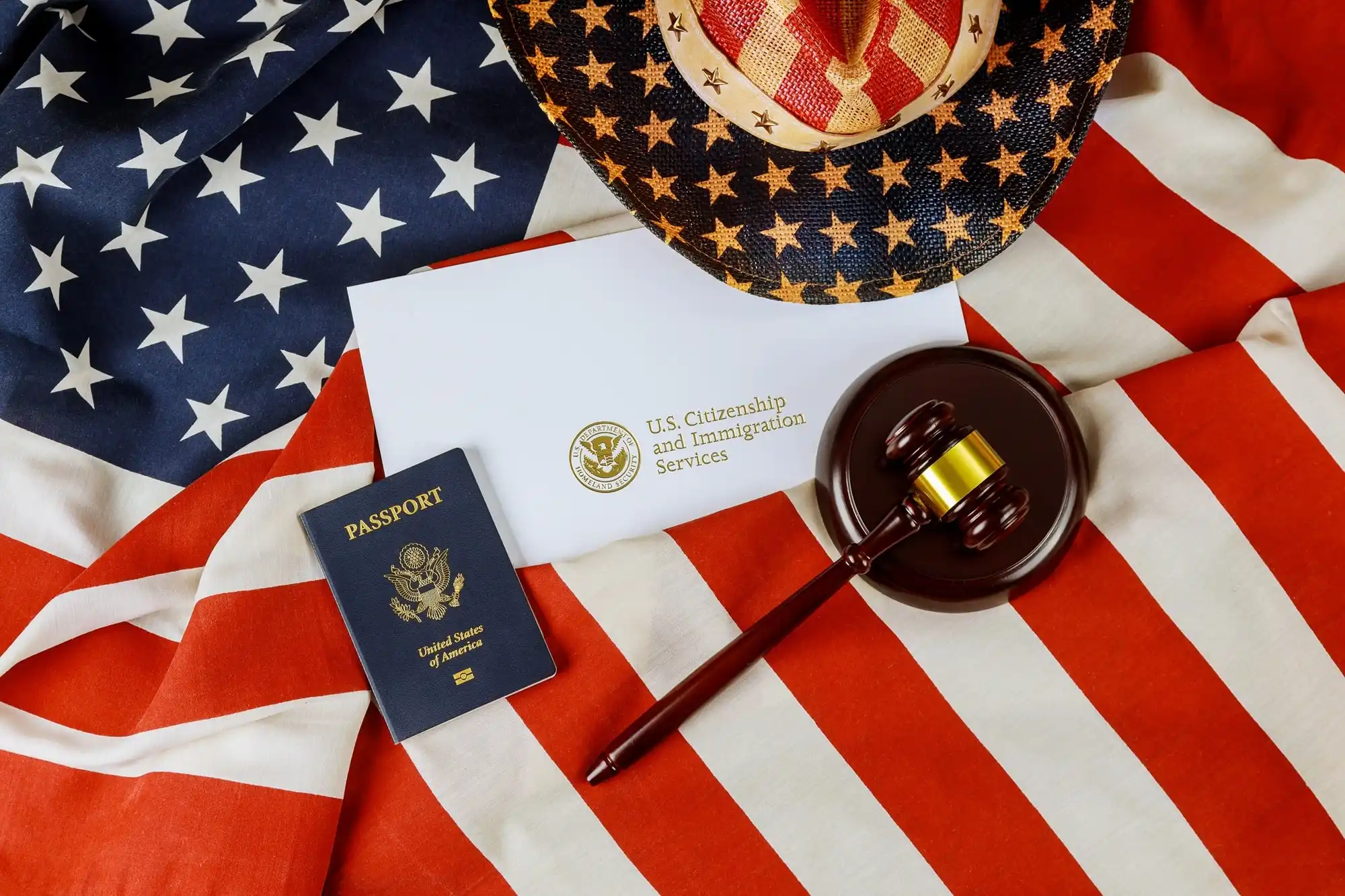Stricter USCIS Interviews for Family Reunification
An Associated Press report detailed how parents seeking to reunite with their children are facing tougher interview environments. In some cases, ICE officers have been present during interviews, raising concerns about deterrence and intimidation.
Although the report centers on parental reunification, the broader implications affect all family-based applicants. USCIS officers appear to be probing deeper into relationship authenticity, background histories, and past statements, including social media. Families may also face increased demands for supporting evidence.
This heightened scrutiny increases the risk of delays or denials for applicants who are unprepared. Families should anticipate longer, more probing interviews and ensure their cases are fully documented before attending.
USCIS to Deploy Armed Special Agents

On September 5, 2025, USCIS announced that it will create a unit of armed special agents with powers to conduct investigations, carry firearms, execute warrants, and make arrests in immigration-benefit fraud cases. As noted by the Washington Post, this is an ironic departure from USCIS’s role as an immigration agency.
USCIS stated that the move is intended to combat fraudulent filings, including sham marriages used to obtain green cards. While the agency frames this as protecting program integrity, immigrant advocates worry about overreach and intimidation. Families applying legitimately may feel additional pressure to present exhaustive documentation of bona fide marriages and relationships.
Pentagon Mobilizes Military Lawyers as Emergency Immigration Judges
In a move that could double the number of immigration judges virtually overnight, Defense Secretary Pete Hegseth recently authorized up to 600 Department of Defense attorneys (Judge Advocates General and select civilians) to serve as temporary immigration judges — assignments lasting up to 179 days, with the possibility of extension. This initiative stems from a growing immigration court backlog — currently estimated at approximately 3.5 million open cases — and a wave of recent departures and terminations that has thinned the standing bench to about 600 judges. The military will initially deploy attorney cohorts of 150 “as soon as practicable” to aid high-volume courts such as those in Chicago.
But experts warn this rapid redeployment raises significant due process and competency concerns. The American Immigration Lawyers Association criticized the plan, saying it was like having “a cardiologist do a hip replacement”. That’s because immigration law is notoriously complex, requiring specialized knowledge and extensive training, training that JAG lawyers do not possess.
Legal analysts caution that using active-duty or reserve military lawyers in such a quasi-judicial civilian capacity is unprecedented in peacetime, with echoes of martial-law-era practices that courts later deemed unconstitutional. While the administration claims Title 10 and other interagency support authorities permit this reassignment, critics say it creates unclear legal precedent and risks undermining judicial independence.
Families should be aware that incoming judges may vary widely in their understanding of immigration law — and that accuracy, documentation, and legal preparation may matter more than ever.
Federal Judge Blocks Termination of Venezuela’s TPS
On September 5, 2025, DHS and USCIS announced the termination of Venezuela’s 2021 TPS designation, which would have ended protections for hundreds of thousands of Venezuelans. The decision stated TPS would conclude 60 days after publication in the Federal Register, giving beneficiaries a short window to prepare for the loss of work authorization and lawful presence.
However, later that same day, a federal judge in the Northern District of California issued an order in Casa de Maryland v. DHS vacating DHS’s termination decision. The judge ruled DHS violated the Administrative Procedure Act (APA), meaning the termination cannot take effect unless overturned on appeal. For now, Venezuelans with TPS retain their protections and may continue applying for renewals, though the future remains uncertain.
This legal back-and-forth has left many families in limbo. While the court’s decision offers relief, it underscores how fragile TPS protections can be. Beneficiaries should closely follow USCIS alerts and consult with immigration counsel to ensure timely re-registration and work permit renewals while litigation continues.
September 2025 Filing Rules Remain Favorable for Family AOS
For the month of September 2025, USCIS confirmed that family-sponsored Adjustment of Status (AOS) applicants must use the “Dates for Filing” chart rather than the stricter “Final Action Dates”. The Visa Bulletin issued by the Department of State provides the applicable cutoffs.
For families waiting to file, this is an important opportunity. The “Dates for Filing” chart often allows applications to move forward sooner, letting beneficiaries obtain work authorization (I-765) and advance parole (I-131) while waiting for green card availability. Filing promptly can secure stability for families in the U.S., including children who might otherwise risk “aging out” under the Child Status Protection Act (CSPA).
Applicants should review the Visa Bulletin closely, check their priority date against the cutoffs, and prepare AOS packages immediately if eligible. Because priority dates can retrogress in future months, filing in September may help families avoid delays down the road.
USCIS to Modernize Fee Payments with Electronic Funds
USCIS has officially implemented a new way to pay filing fees: electronic debit directly from a U.S. bank account. Effective immediately, applicants can use Form G-1650, Authorization for ACH Transactions, to authorize USCIS to withdraw funds when submitting their applications, petitions, or requests.
This shift is significant because more than 90% of payments USCIS receives are still checks and money orders, which take longer to process and are more prone to errors, fraud, or even loss in transit. By switching to ACH debit, applicants can reduce the risk of payment rejection due to bounced or miswritten checks — one of the most common reasons filings get sent back. Rejected filings can cause weeks of delay and even lead to missed deadlines, which can be devastating for families navigating strict immigration timelines.
The change also aligns with Executive Order 14247, Modernizing Payments to and from America’s Bank Account, and reflects a government-wide push toward faster, more secure digital payments. Alongside this rollout, USCIS clarified that:
- Those without U.S. bank accounts can still pay by credit card, including prepaid cards, through Form G-1450.
- Until October 28, 2025, applicants can still use checks and money orders, but after that date USCIS will only accept ACH debit (Form G-1650) or credit card payments (Form G-1450).
- Applicants must ensure their bank accounts have sufficient funds; if a debit is denied, USCIS may reject the entire application.
Overall this means greater convenience, fewer rejections tied to payment errors, and faster confirmation that USCIS has accepted your filing. While it doesn’t reduce fees or change eligibility rules, it does streamline one of the most error-prone parts of the filing process, making it easier to focus on the substance of your case rather than worrying about whether a check clears.












